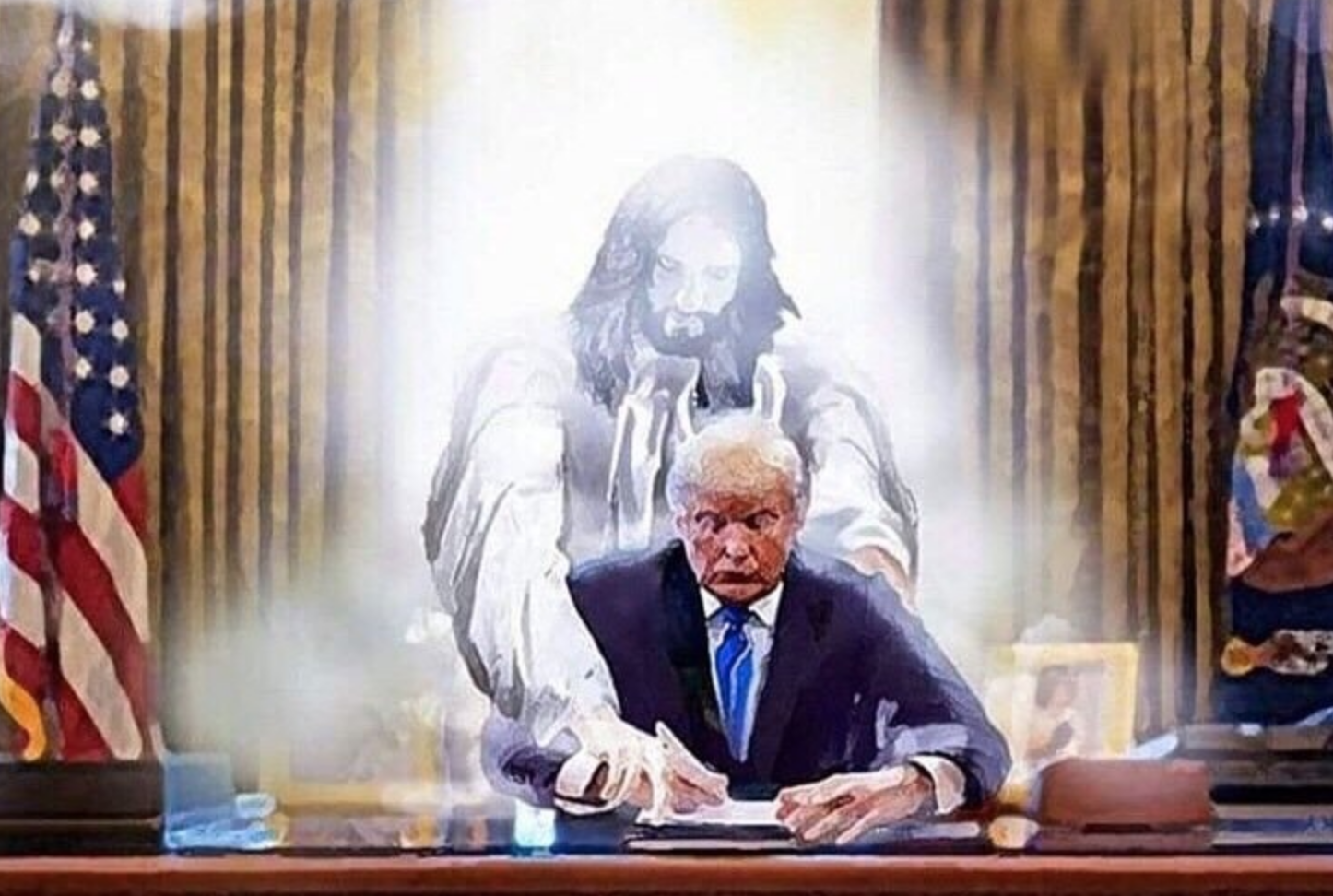WASHINGTON — As a veteran Chicago-land Democrat, Rep. Daniel Lipinksi knew what to expect when facing newspaper editors during pre-election endorsement season -- hard questions about his support for centuries of Catholic teachings on abortion.
But the Chicago Sun-Times stressed a different question in 2020 -- same-sex marriage. Lipinski said the Supreme Court had settled that issue, so he didn't expect to face it in Congress. The follow-up was blunt and personal: But do YOU support legalized same-sex marriage?
Lipinski said he supported his church's teachings on marriage and sexuality.
"They didn't just see themselves as newspaper editors interviewing candidates in a political race. ... They saw themselves as inquisitors seeking an admission of heresy," said Lipinski, who lost that close primary race with a rival backed by liberal Democrats.
During his 16 years in Congress, Lipinski voted with his party 90% of the time and his convictions never changed, especially on economic and labor issues. Nevertheless, by 2018 New York magazine had floated this headline: "House Democratic Leaders Rally to Defend Their Illinois Heretic."
By 2020, he had reached "political leper" status, in part because of social-media attacks on his beliefs that bled into mainstream news, he said, addressing the recent "Journalism in a Post-Truth World" conference in Washington, D.C. The event was sponsored by Franciscan University in Steubenville, Ohio, and the Eternal Word Television Network.
The old days of tough questions and bipartisan debate were one thing, said Lipinski. At this point, American politics have stormed past tribalism into bitter sectarianism, with politicos, activists and journalists embracing "partisanship as a fundamentalist pseudo-religion" that strictly defines good and evil.
What is happening?



